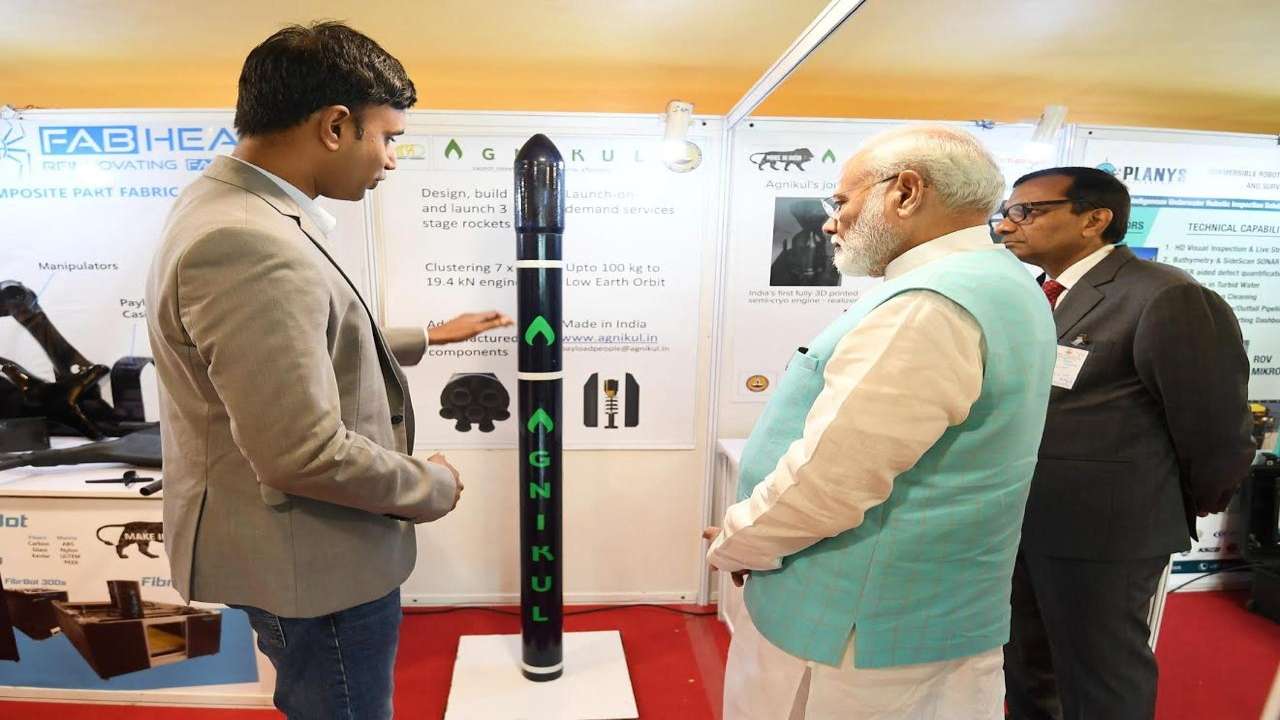Play all audios:
Under this agreement, Alaska Aerospace and AgniKul will work together to secure several regulatory approvals. Indian aerospace start-up AgniKul Cosmos has signed a memorandum of agreement
with Alaska Aerospace Corporation to test launch their Indian-made Agnibaan rocket from the Pacific Spaceport Complex Alaska (PSCA) on Kodiak Island in the United States. The launch from
Alaska is expected to take place from 2022 onwards. Under this agreement, Alaska Aerospace and AgniKul will work together to secure several regulatory approvals. They include US Federal
Aviation Administration (FAA) launch licensing, US export control, and will comply with export laws & regulations in India to receive necessary clearances from the Indian authorities as
well. The aim is to define launch vehicle-spaceport interfaces, related procedures and conduct at least one test launch from PSCA. “We are thrilled AgniKul has partnered with Alaska
Aerospace for high inclination flight testing,” said Mark Lester, President and CEO of Alaska Aerospace. “Agnikul has established itself as a leading rocket technology company, and we are
pleased Alaska’s proven launch infrastructure and expertise continue to attract new space launch companies from around the world”, he added. Srinath Ravichandran, CEO and Co-founder of
AgniKul Cosmos said that this announcement was further evidence of their company’s steady progress towards launch. “Alaska Aerospace and AgniKul share a vision of providing rapid, agile, and
low-cost access to space. This is a great platform for us to demonstrate our 'Made In India, for the world' launch services solution through our mobile vehicle Agnibaan” he
elaborated. When asked about the reason behind choosing the Alaskan launch port, Srinath said that for certain types of orbits which are preferred by customers, it was preferred to launch
from a high latitude location. “In some cases we might have to launch closer from poles and Alaska offers that, when it comes to launches from close to the equator, Sriharikota is an option
and we are working with India’s In-space for this” he told WION. When WION asked about the complexities in the logistics of getting a rocket to a foreign land, he said that it would be
similar to how flights land in foreign airports. “The rocket can be shipped to the destination and at the launch port we’ll be provided facilities like fuel and tracking and telemetry
systems. This enables us to go where the customer is” he said. He also feels that there isn’t much of a competition n the segment that his company is targeting - payload of upto 100 kg to
low Earth orbits up to 700 km. “There are quite a lot of players making rockets, but very few in the less than 100kg segment” he said, adding that they were targeting a maiden test launch by
end of 2021. “By partnering with Alaska Aerospace, AgniKul engineers and staff can focus on the technical complexities of perfecting our rocket Agnibaan's launch operations from
different environmental conditions across geographies,” said AgniKul Co-founder & COO Moin SPM. "Having access to high latitude launch locations is an important aspect of our
strategy for offering customer-centric launch services, and this partnership with Alaska Aerospace is going to be directly helpful” he added. Under the agreement with the Alaska Aerospace
Corporation additional tests and operational launches are also possible under. This is said to be an important step in moving the small satellite launch market towards a customer-centric
business model as opposed to what it is today – a vehicle-centric model. This would mean faster, easier commercial space access, and ultimately will open up space for everyone. AgniKul
Cosmos Private Limited is a Chennai, India-based start-up incubated at the Indian Institute of Technology, Madras and the company is targeting commercial rocket launches from 2022 onwards.

